In the trade war between China and the United States, technological capability is one of many battlefronts. Most notably, Chinese smartphone and tech manufacturer Huawei was caught in the crossfire when the US government ordered American companies to discontinue business relations with the company for national security reasons. Businessman and professor James Jianzhang Liang explains what China needs to do to come out ahead in the global race for technological advancement.
The Trump administration’s ban on Huawei and other Chinese tech companies is part of a battle for technological advancement and innovative capacity.
Technology has become an increasingly significant battleground in the trade war between China and the United States. One tactic of US trade warfare was banning Chinese tech company Huawei from doing business in the United States. Experts have questioned the moral and legal legitimacy of the move, but they also disagree on whether the ban will cause harm to American companies and the US economy rather than protect them. The value of US technology stocks dipped in response.
Rather than retaliating in kind against US tech companies, the Chinese government reassured foreign companies in China that it will maintain a fair competitive business environment.
Market size, talent pool and information exchange are the keys to getting ahead of the pack in technology.
Both the United States and China are eyeing the top spot on the list of the most innovative countries with the best prospects for technological advancement. Essential factors are the size of your market...
Liang Jianzhang is a Chinese businessman and the chairman, former CEO and co-founder of Ctrip, a Chinese provider of travel services. He is also a part-time professor at Peking University’s Guanghua School of Management.



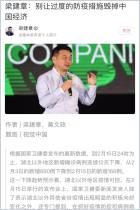
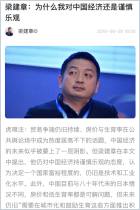
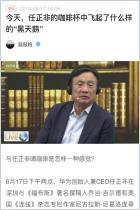
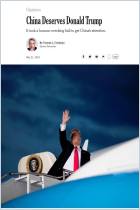
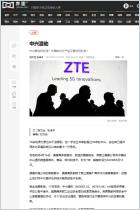
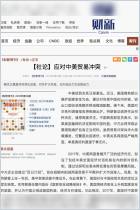
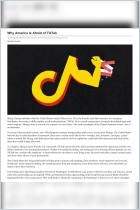
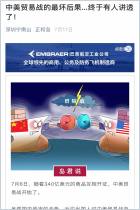

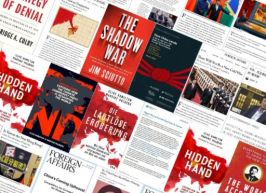

Comment on this summary